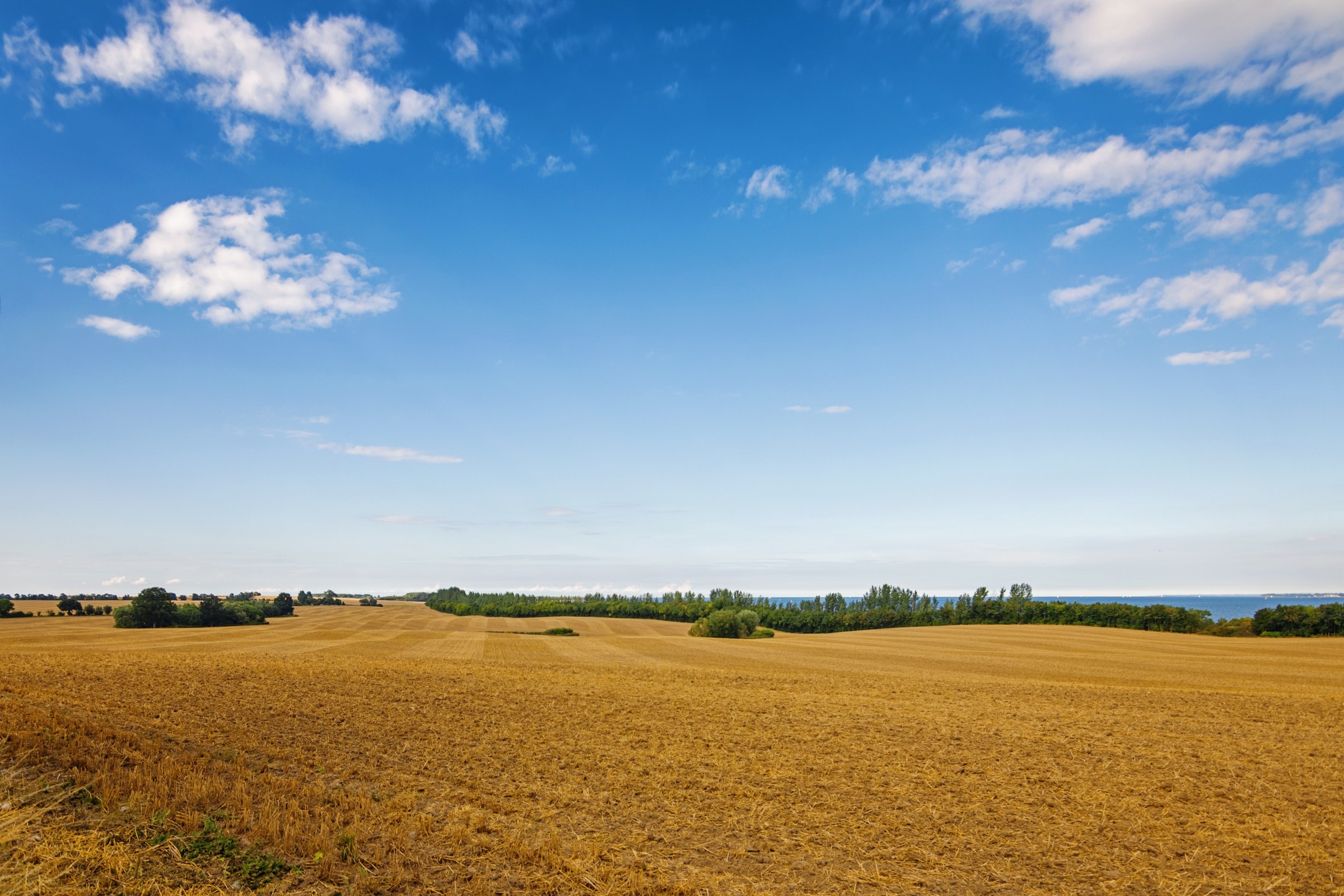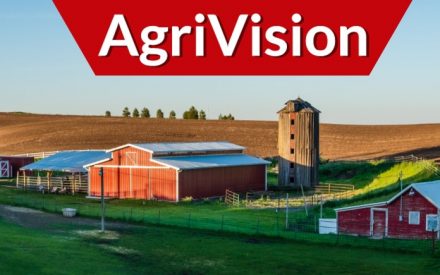Host Katie Wantoch and Jim Versweyveld, Agriculture Extension educator in Walworth County, discuss viability of a dairy farm and future retirement options for a farm couple.
View Transcript
This is UW Extension’s Farm Management AgriVision Podcast. I am Katie Wantoch Agriculture agent with the UW-Madison Division of Extension. I’ll be chatting with fellow Extension educators as we answer questions from farmers and share our knowledge and expertise on how you can improve your farm management skills. Today I am joined by Jim Versweyveld, Agriculture Extension educator in Walworth County. Welcome, Jim to the podcast.
Jim Versweyveld
Thank you for having me, Katie.
Katie Wantoch
Jim, the question today is from a farmer who’s 55 years old, owns 200 acres and milks 100 cows with the free-stall setup in East Central Wisconsin. His son, the youngest child, is graduating from high school in June. His son has been a big help on the farm the last eight years. This farmer was hoping his son would decide to farm with him, but his son says he’s planning to go to college and become an agronomist. The farmer knows money has been tight four out of the last five years and thinks that’s the main reason his son is leaving the farm. This farmer believes he’s too young to retire and is wondering about his next steps. Should he sell the cows this year and rent his land to a neighbor, or hire someone to work on the farm with him? Do you have any advice for this farmer Jim?
Jim Versweyveld
Sure, Katie, this is a topic that is definitely top of mind for many farm families and certainly not unique to this farmer and his son. First off, I would encourage this farmer to not put the pressure of the farm’s future solely on the shoulders of what I assume to be a 17- or 18-year-old son. To me, the first question to be answered is the viability of the dairy farm as a business regardless of the son’s longer term interest to be part of things. I think it’s important for the farmer to have a conversation with his son to see if the son envisions himself milking cows or crop farming with his father at some point in the future. If he’s unsure, or he expresses his little interest in that decision, I think it should be respected and his dreams of attending college to explore options be encouraged. I think the farmer should be pleased that it sounds like his son wants to pursue some type of involvement in Agriculture. Even if the son does want to be part of the farming operation. I think it’s valuable for him to continue his education and perhaps work for another employer for a period of time. This will definitely give him options in his future career and expose him to new ideas and broader horizons. So back to the future of the dairy farm itself and the farmer’s individual career path. It sounds like this farmer has some important decisions to make, that may be difficult decisions for him. Perhaps a meeting with a farm financial advisor might help determine the long term viability of the dairy and challenges with cash flow. Ultimately, the farmer will need to decide how many more years he sees himself milking cows. Would he be willing to hire farm labor, a non-family employee, or possibly maybe even mentor a beginning farmer? In addition, it’s important to consider what his other career aspirations might be, besides dairy farming. At 55, I would encourage him that he has many good years to pursue a career that is rewarding and meaningful to him. He should set aside some time to consider these options. Ensure that the path sets him up for a future that he desires for himself and for his family. I would also encourage him to consider his mental and physical health and to consider which path doesn’t jeopardize that. These decisions may not come easily. But when a business is at a crossroads, it’s definitely time well spent. There are Extension educators and other Ag professionals that would be happy to sit down with this gentleman and help him weigh the options.
Katie Wantoch
And that’s great information. Jim, you know, when this farmer does sit down with an Extension educator, like yourself or myself, what are some of the first things that you kind of explore with him as he’s thinking about the future of his dairy farm?
Jim Versweyveld
I think ultimately, farming, as we know, is a challenging business. It’s physically demanding, and it’s a lot of work. I think one of the first questions is, Are you enjoying this? Are you enjoying working with your animals, working with your land? Are you still finding pleasure in this farming vocation? And if not, then that really opens up a variety of things. You know, one thing to consider are there are a number of career assessments that are available that people can take, that can help define the direction they may go in. I think 55 is a perfect time to say, what are some of the things that I’ve always wondered about or always wanted to do? And maybe if the dairy farm is not part of that, to explore what those options are. So no, it I think these are difficult decisions. But this can also be a very rewarding time for people as they shift gears.
Katie Wantoch
Right. And you know, this farmer is 55. So he’s got a couple good years to continue to work. And he mentioned, it’s been a challenge cash flow wise. And so you know, when I sit down with people to it’s looking at, what do you have in savings for after you retire? And what do you have now? And that kind of can decide to have the career that you’re looking for. But, you know, you talk about physical and mental health. Maybe, can you tell me more about what that might look like for especially for dairy farmers?
Jim Versweyveld
Sure, we often see that farming is a very stressful occupation, and sometimes farmers. And I’m making a generalization here, but I think sometimes farmers are very proud people, and they may be reluctant to ask for help. If they’re really struggling with some mental challenges, or some physical challenges that really prevent them from farming and really enjoying the farming, they may be reluctant to admit that to others. So we really, I think all of us that have an opportunity to interact with farmers and farm families should really ask those questions. How are you doing? How are you really doing? Because I think those are important things that we understand. And that can actually help define the career decisions that this gentleman has ahead of him.
Katie Wantoch
Yeah, definitely asking the farmers that you and I interact with or listeners interact with, you know, how are you doing? And how can we help? Because you and I have both been trained in Mental Health First Aid. We’re very familiar with some of the resources that are available that farmers might not know about, and so certainly can provide that information to them and direct them to the right source to get them the help that they need, whether it’s financial, mental or physical assistance.
Jim Versweyveld
Absolutely.
Katie Wantoch
Well, thank you very much, Jim, for sharing your information and thoughts today.
Jim Versweyveld
Thank you, Katie.
Katie Wantoch
For more Extension AgriVision, podcasts or resources to improve your farm management skills, check out farms.extension.wisc.edu Thanks for listening.
Related Resources
Information in this article was originally published as part of the Agrivision column in Wisconsin Agriculturist .
Extension resources


 AgriVision Episode 22 - Buying a chopper
AgriVision Episode 22 - Buying a chopper


